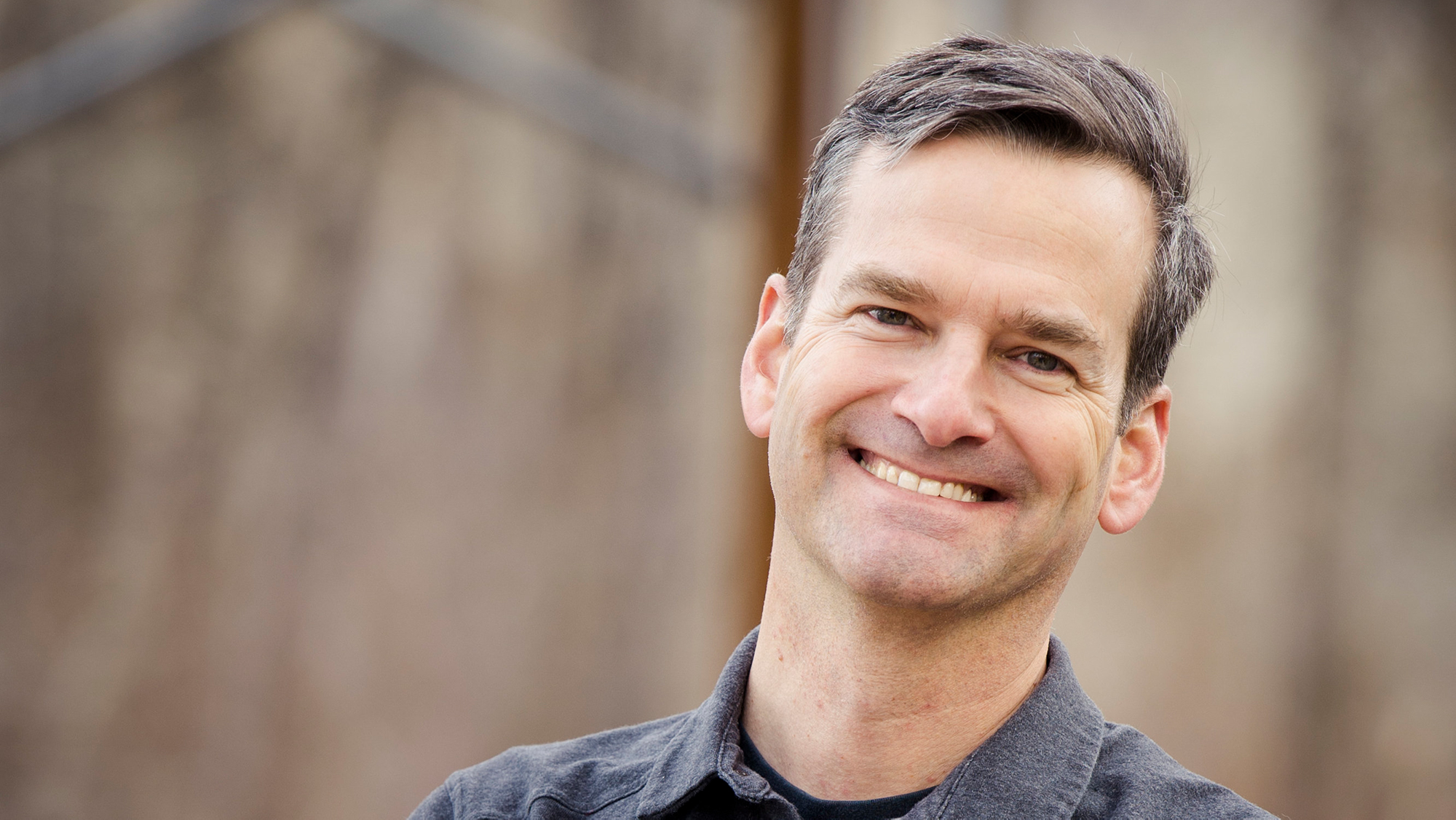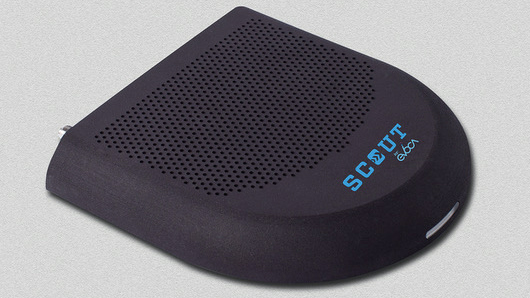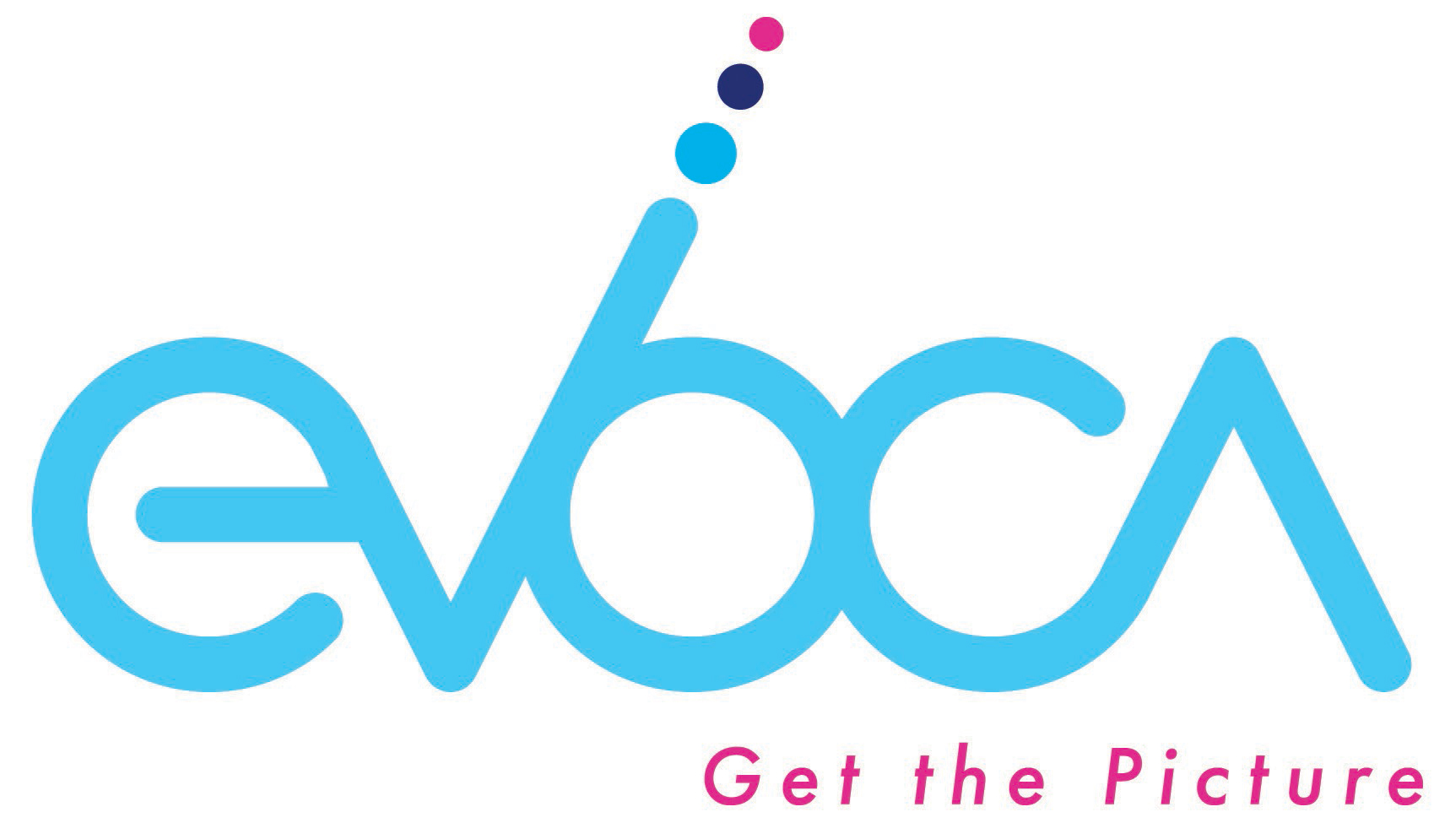Evoca's LPTV 3.0 Service to Debut in Phoenix 'Around Labor Day'
Combined broadcast/broadband system will include local college courses

The smarter way to stay on top of broadcasting and cable industry. Sign up below
You are now subscribed
Your newsletter sign-up was successful
Evoca TV, the low-power TV service delivering broadcast ATSC 3.0 and broadband streaming content, will debut in Phoenix by early September, giving that market multiple NextGen TV options. Phoenix has been the site of Pearl TVs model market, in which 10 local stations (including all major network affiliates) have been running 3.0 services since 2018.
Evoca will transmit on channels 19 and 28, where it now has construction permits to send its ATSC 1.0 signals, said Todd Achilles, president/chief executive officer of Edge Networks Inc., which operates Evoca TV. He told B+C that he expects to get FCC approval to move to 3.0 operations "in a couple weeks" and launch Evoca's NextGen TV lineup promptly thereafter.
"We've got the only 24/7 4K [ultra high definition TV] channel in the U.S. now," Achilles said.
Customers will pay $9.50 per month under the "founders program," which will include a proprietary Scout set-top box plus an over-the-air antenna to access Evoca's streaming programming. The initial Scout STBs, also used in Evoca's LPTV service in Boise, Idaho, were developed in-house "because we didn't have a choice," Achilles said, but he added that Evoca "will announce a hardware deal with the 'big guys' around Labor Day."
Also Read: NextGen TV Has a Busy Summer
Evoca's broadband package in Phoenix will include content from the Unmudl project, a career advancement adult education program offered at several junior colleges, including Phoenix's Gateway Community College.

As in its Boise market, Evoca will distribute its Scout STB receiver, which can decode the company's encrypted ATSC 3.0 content as well as pick up existing ATSC 1.0 signals. Free over-the-air broadcasts will be passed through to the viewers' TV sets, both ATSC 1.0 and new 3.0 receivers.
The smarter way to stay on top of broadcasting and cable industry. Sign up below
The Evoca venture (a named derived to spur the idea of "evocative," Achilles explained) will operate independently from the much-publicized Phoenix model market transmissions, which have been transitioning from long-term test-bed into commercial service under the aegis of Pearl TV.
Achilles, a former Hewlett-Packard and T-Mobile executive, repeatedly cites the ability of LPTV to create a new role in NextGen TV as a hybrid of broadcast and wireless broadband delivery. Evoca's promotional material describes the opportunity to snatch service away from "the evil overlords" (that is, legacy cable/satellite companies).
Evoca said it has "other LPTV markets in the funnel," but Achilles declined to identify future 3.0 targets.
Also Read: NextGen TV Being Used To Deliver Remote Learning in Washington, D.C.
'Biggest Need Is in Pay TV Space'
He also pointed out that Evoca transmits datacasts to its STB.
"We push video files and other data to the boxes," he said. "There's so much interesting stuff to do with 3.0. We think the biggest need is in the pay TV space. We are the only ones doing a conditional-access pay TV system and putting broadcast and broadband together."
Achilles positions Evoca TV as "an alternative to traditional cable and satellite services" using the broadband connection. He plans to develop other local services in addition to offering wireless access to streaming video channels, although the company has not yet announced specifics about "something different" (as Achilles calls it) for the Phoenix service.

One of the local-oriented content services available in Boise is a Basque-language channel, intended to serve the sizeable local population of Basque heritage. In that case, Evoca brings in programming from Euskal Irrati Telebista (EiTB), a media company in Basque Country, a region that straddles the border between France and Spain. For that service, Ubiquity delivers a satellite feed via Denver into Evoca’s headend, where it is wrapped into a 3.0 package, Achilles said.
Although Evoca has not specified its Phoenix streaming content package yet, its Boise service may offer some hints about its plans.
"We've tried to tailor our bundle around local content," Achilles said, citing regional sports networks. "We've got the only RSN for the Pacific Northwest." He plans to offer extreme sports, motor sports and other channels seeking to reach the audiences in Evoca markets. "Our 3.0 bundle of channels [includes] some that are available free over-the-air such as 'Field Trip' channel … plus integrated VOD apps such as RedBull."
Evoca's streaming options include NFL Network and an outdoors channel in addition to Newsy, Bloomberg, Acorn TV and Curiosity Stream. Customers can buy or rent VOD movies through Vudu.
"We're working hard [to] bring more local content,” Achilles said. "We can contribute to the communities in a new and different way." He cited the Unmudl education plan with Gateway Community College. Achilles said that the "goal with Evoca Path is to help adults understand the future work, see themselves in a different future, and connect them to the next step on their educational and career journey.”
He calls Unmudl "an important partner for Evoca Path," with its growing network of community colleges and employers. Since Unmudl has local programs in several cities, Evoca plans to curate content that best suits the Phoenix community. Achilles hints that future Evoca plans may also develop in markets where an Unmudl partner college "overlaps with our broadcast abilities."
Contributor Gary Arlen is known for his insights into the convergence of media, telecom, content and technology. Gary was founder/editor/publisher of Interactivity Report, TeleServices Report and other influential newsletters; he was the longtime “curmudgeon” columnist for Multichannel News as well as a regular contributor to AdMap, Washington Technology and Telecommunications Reports. He writes regularly about trends and media/marketing for the Consumer Technology Association's i3 magazine plus several blogs. Gary has taught media-focused courses on the adjunct faculties at George Mason University and American University and has guest-lectured at MIT, Harvard, UCLA, University of Southern California and Northwestern University and at countless media, marketing and technology industry events. As President of Arlen Communications LLC, he has provided analyses about the development of applications and services for entertainment, marketing and e-commerce.

